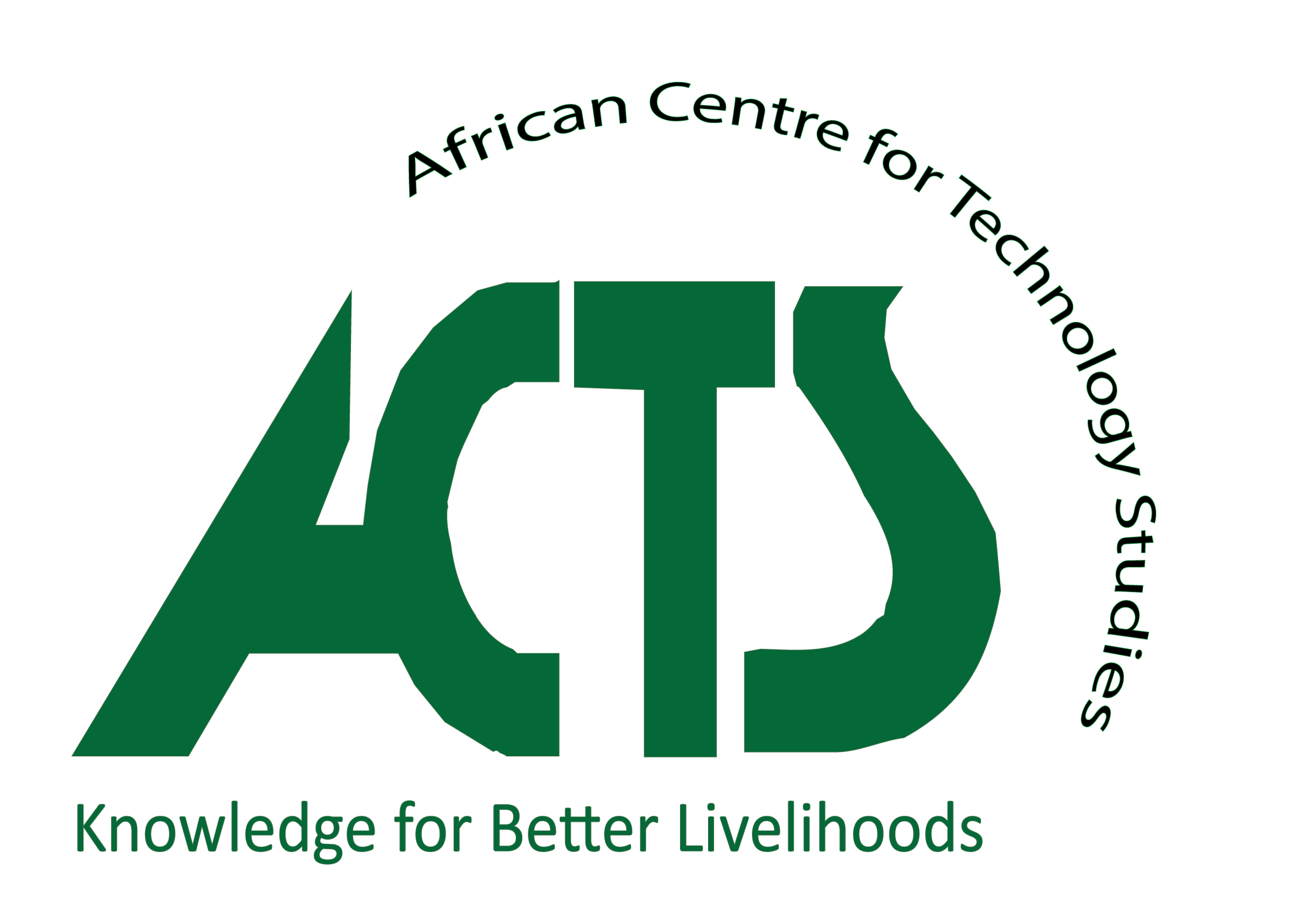Teaching innovation in universities would show future leaders that it’s about more than R&D, says Rebecca Hanlin.
Innovation is a hot topic these days in Africa. The success of African innovation and enterprise is increasingly recognised - examples include the mobile money-transfer service M-PESA for banking, bladeless wind turbines for energy and improved crop management mechanisms such as planting pits (‘zai’) for agriculture, to name just three sectors.
But despite huge strides, there is limited broader understanding and recognition on the continent of what innovation is and how to promote it, both in business and in society. This spells a need to mainstream innovation training within African universities — if not more widely through the entire education system.
Mainstreaming innovation
My work in the secretariat of an African network of innovation and development scholars (AfricaLics), for a project involving six universities across East Africa, has highlighted the need for such training. The project, “Enhancing research capacity on innovation and development in Africa”, conducted with funding from the Swedish aid agency SIDA, aims to increase the use of innovation research through better training.
One element of this is to provide universities with open-access (free to download) models of courses with content recommended for postgraduate training in analysing innovation in various economic sectors.
“Tomorrow’s leaders need to see innovation as more than R&D: it is a continuous process that requires multiple actors, types of knowledge and capabilities.”
Rebecca Hanlin
Since the project began in 2013 it has focused almost exclusively on training engineering students enrolled in master’s degrees. But several of the participating universities have called for this training to be mainstreamed into their curriculums more widely — just as some have already mainstreamed development studies modules.
They argue that, through such training, university students get a better sense of the problems affecting their country (in the case of development studies) and some of the ways of solving them (in the case of innovation studies). Mainstreaming these subjects helps graduates become more socially responsible on leaving education. Click here to continue reading


